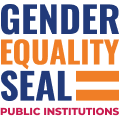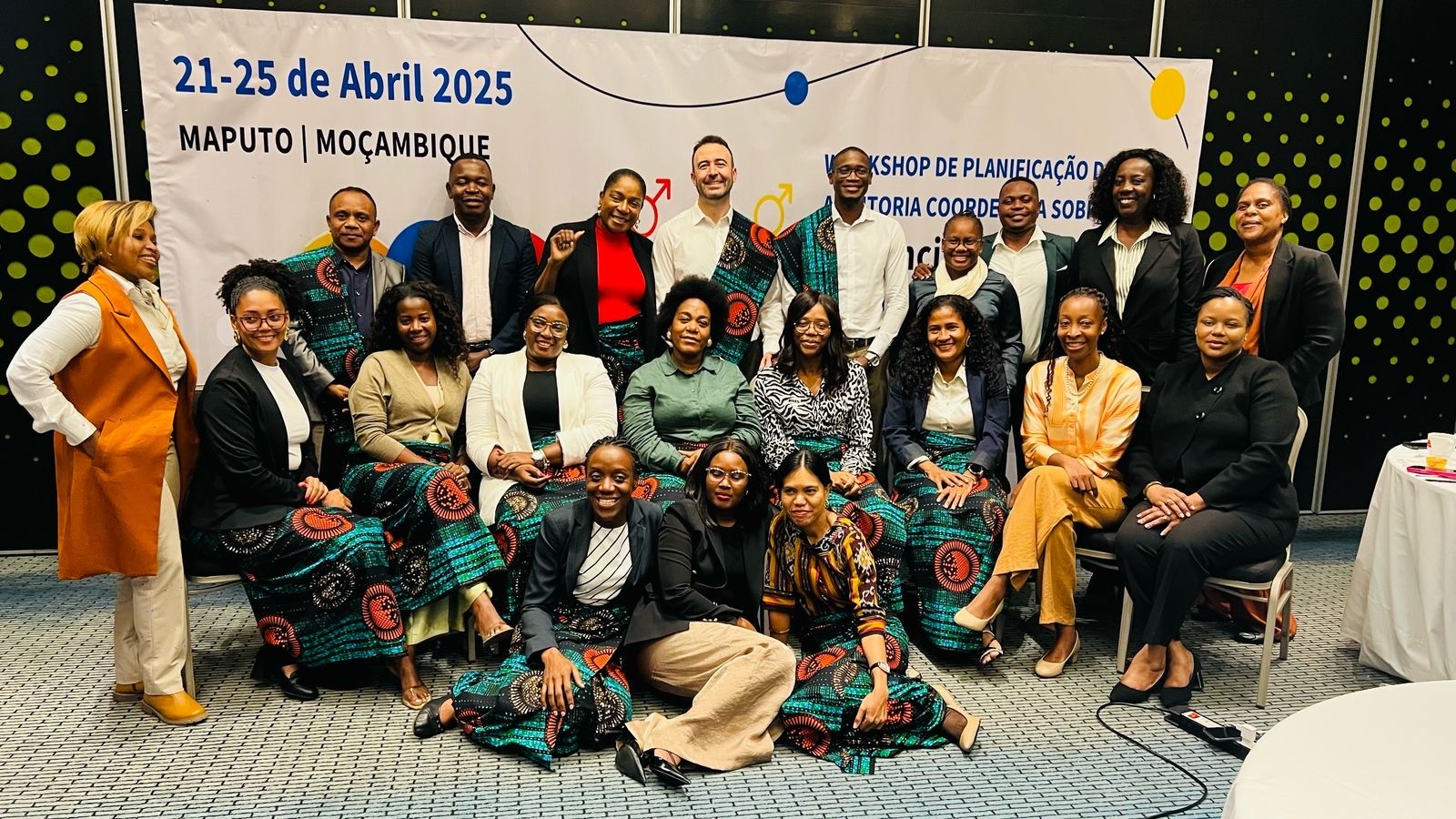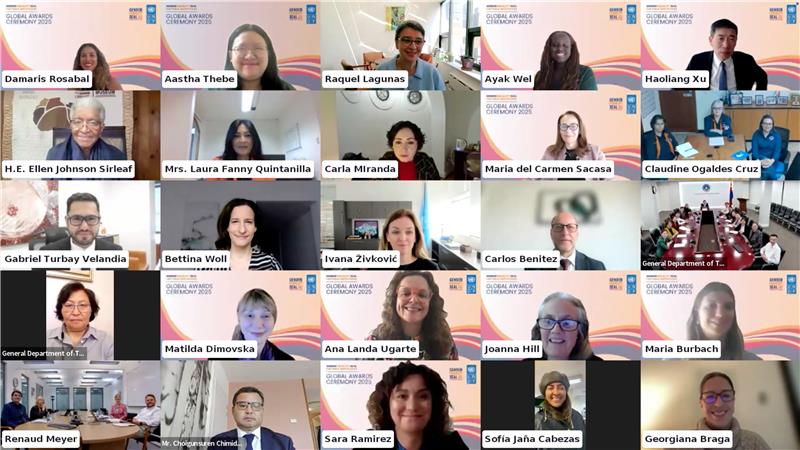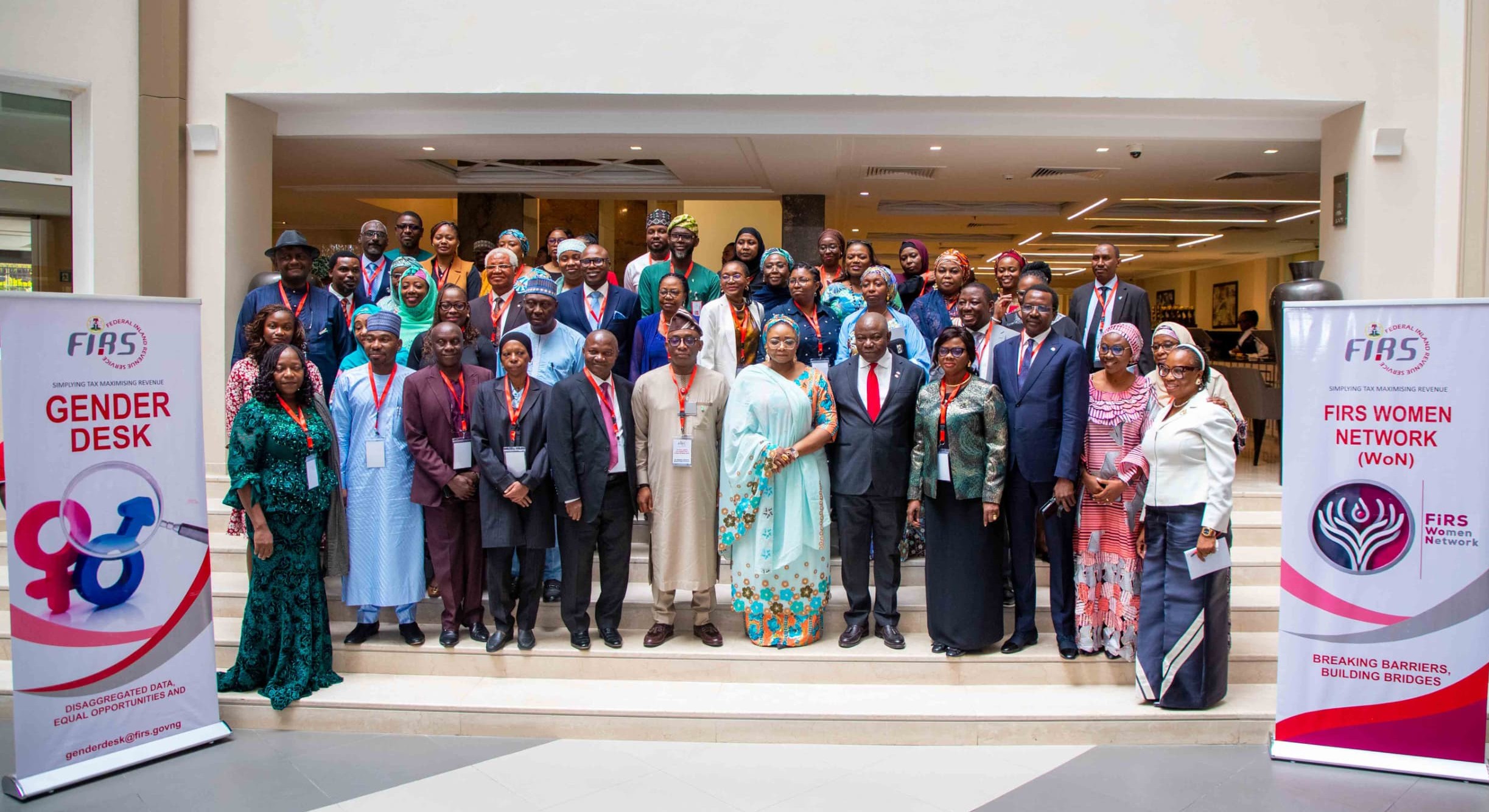The regional workshop held in Maputo, Mozambique, from April 21–25, 2025, marked a significant step forward in the implementation of the ongoing Coordinated Audit on Gender-Based Violence (ACVBG), carried out by Supreme Audit Institutions (SAIs) from the PALOP-TL countries, in line with INTOSAI standards, as part of the OISC | CPLP (INTOSAI member Organisation of Portuguese-speaking Supreme Audit Institutions) action plan.
This technical planning session brought together members of the audit teams from the SAIs of Angola, Cabo Verde, Guinea-Bissau, São Tomé and Príncipe, Mozambique, and Timor-Leste.
The workshop benefited greatly from the contributions of several key partners, including the EU-funded UNDP Pro PALOP-TL multi-country PFM programme, the Deutsche Gesellschaft für Internationale Zusammenarbeit (GIZ) GbmH in Mozambique (GIZ-Mozambique), UNFPA, UNDP Gender Equality Team (HQ-BPPS), and Brazil Supreme Audit Institution (Tribunal de Contas da União).
Hosted with the support of the Administrative Court of Mozambique, the five-day workshop enabled participants to complete the critical information-gathering phase of the audit – an achievement particularly significant, given the limited prior experience some teams had in conducting performance audits. Participants also refined their audit planning matrices to better align with local realities, guided by expert facilitators who helped clarify the methodology and ensure a shared understanding moving forward.
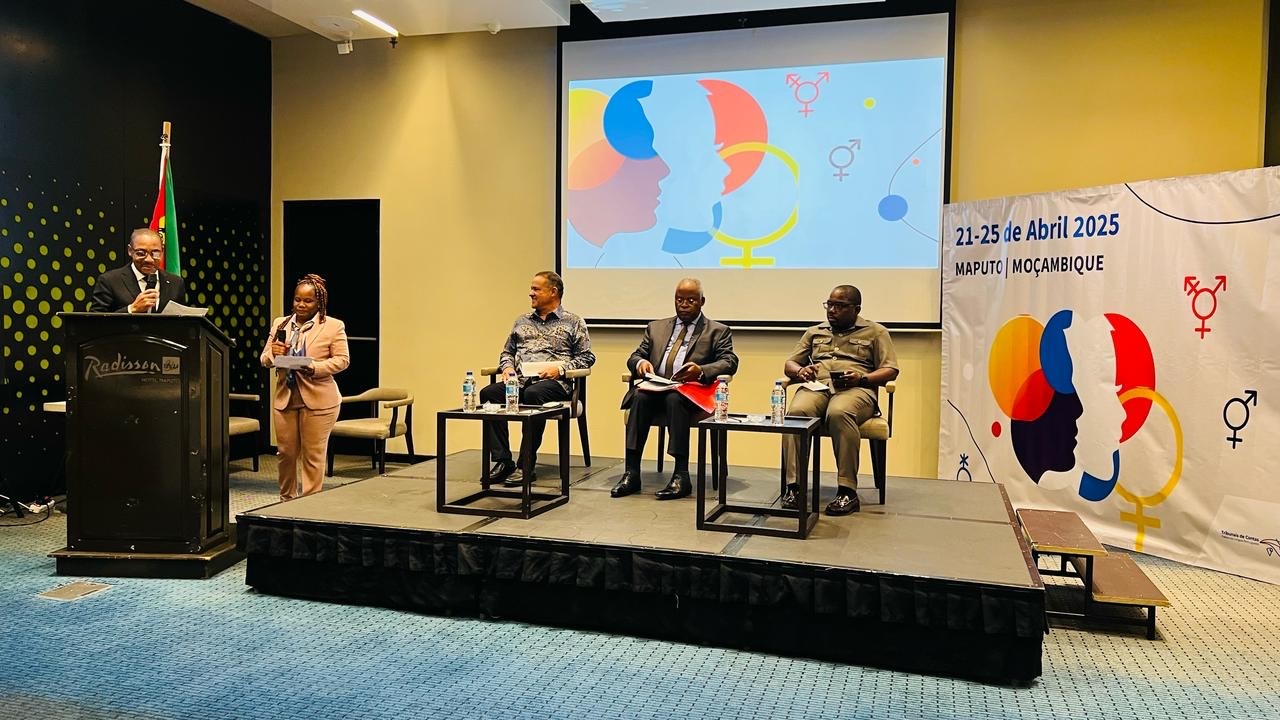
The workshop was enriched by contributions from UNFPA and the UNDP Gender Equality Team, who gave expert insights on emerging and complex dimensions of gender-based violence (GBV) – including GBV in the digital space, budgetary assessment of GBV programmes, and the preparation, storage, processing, and dissemination of data on GBV.
These thematic areas, often unfamiliar to audit teams, are vital to ensuring audits in this field are both effective and contextually informed.
A Spotlight on Technology-Facilitated Gender-Based Violence
One of the sessions, organised in collaboration with the UNDP Gender Equality Team, focused on technology-facilitated gender-based violence (TFGBV). It sought to enhance participants’ understanding of this growing form of violence and explore how public audits can effectively address it.
TFGBV refers to an increasingly common form of violence that utilises digital platforms to harass, threaten, intimidate or harm individuals. As technology becomes more ingrained in daily life, cases of online harassment, cyberstalking, and digital abuse are increasing – and women and girls are disproportionately affected. While studies indicate that 85% of women worldwide have encountered some form of online harassment or abuse at least once in their lives, data systems and policy frameworks in many countries remain ill-equipped to respond.
In this context, the Coordinated Audit on GBV in the PALOP-TL countries presents a crucial opportunity to identify gaps and entry points for action. Incorporating TFGBV into national audits allows SAIs to strengthen compliance with commitments to eliminate GBV – ultimately contributing to women’s full enjoyment of human rights and their participation in sustainable human development.
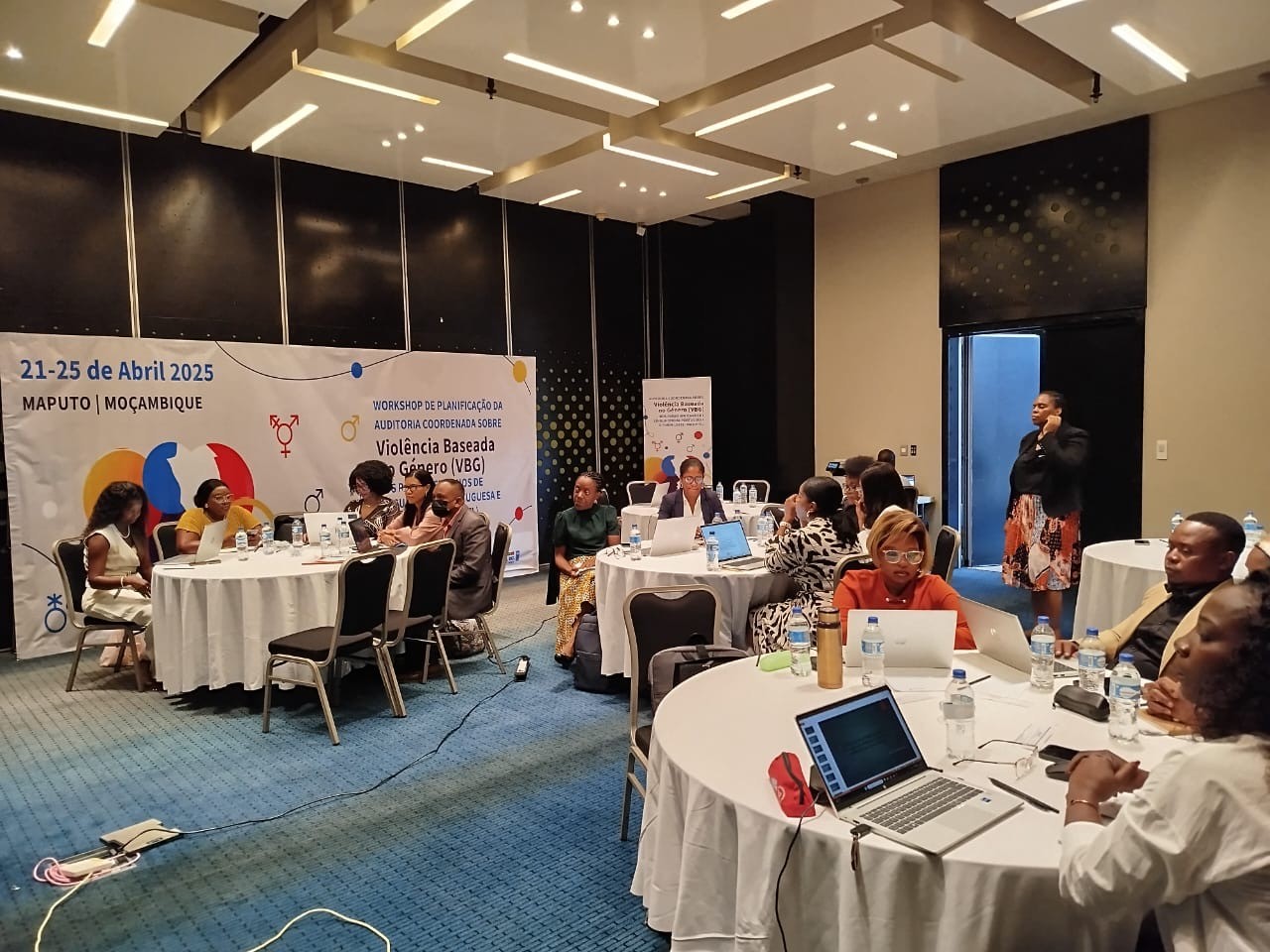
How do we turn commitments to end gender-based violence (GBV) into real change?
The session Public Budgets for Ending Gender-Based Violence organised in collaboration with the UNDP Gender Equality Seal for Public Institutions Team highlights gender-responsive budgeting as a powerful instrument to secure funding and drive meaningful impact in the fight against GBV. Drawing on lessons from PALOP TL countries like Cabo Verde, Mozambique, and Timor-Leste, it highlights promising practices such as dedicated GBV funds, and transparency mechanisms. The key? Political will, multi-sector coordination, and clear budget allocations.
Looking Ahead
With the successful completion of the Maputo workshop, the ACVBG now moves into its next critical phase. In the coming weeks, participating SAIs will finalise their audit planning matrices, laying the groundwork for fieldwork to begin across the six countries. In October, audit teams will reconvene for a follow-up technical meeting to develop a consolidated audit matrix, ultimately culminating in the development of a consolidated executive summary, which will serve as a key instrument in disseminating the results of this important audit.
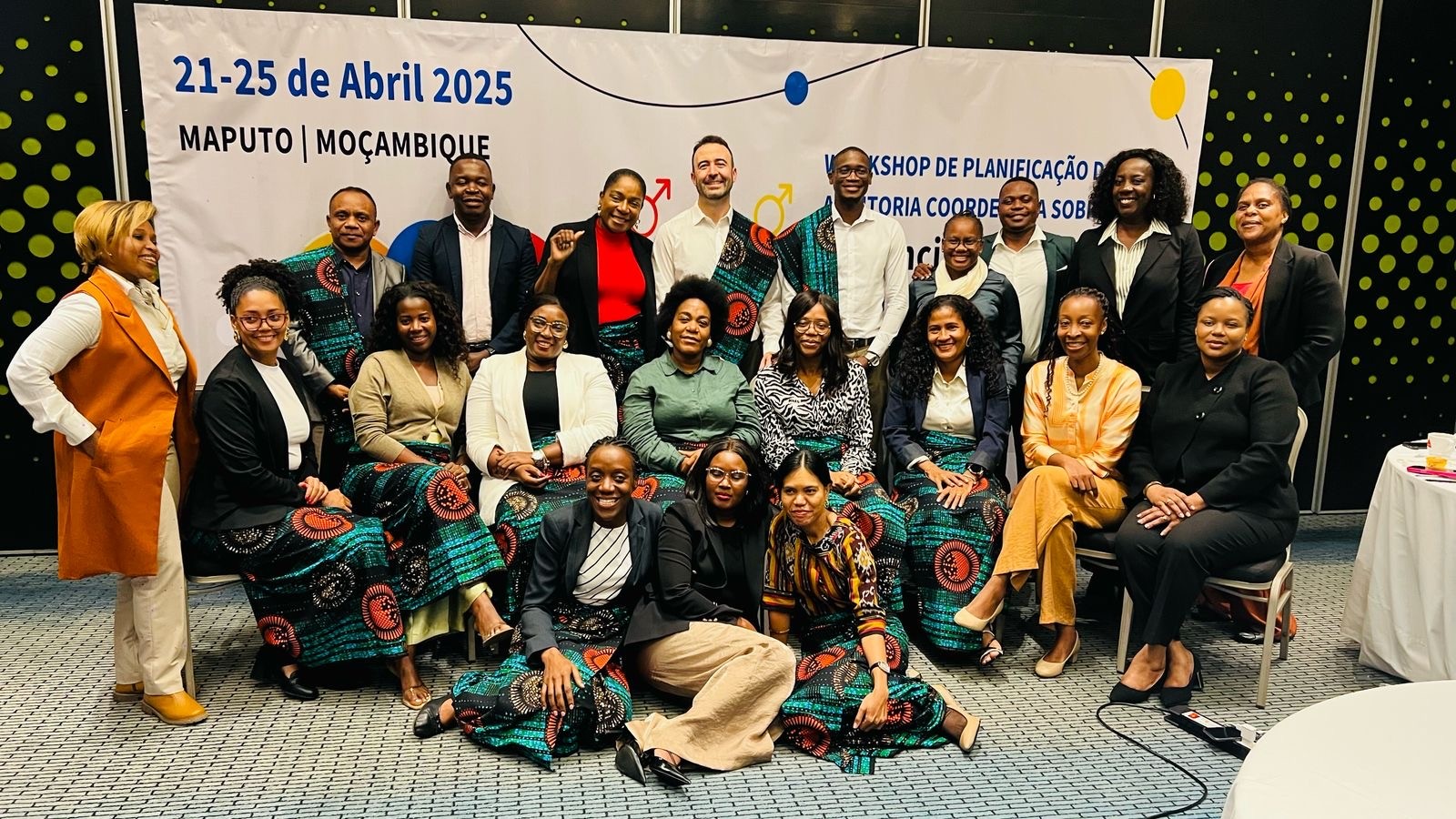
The Coordinated Audit on Gender-Based Violence reflects a shared commitment to improving public sector accountability and ensuring that gender-based violence – including its evolving digital dimensions – is addressed through informed, evidence-based governance. As the initiative moves forward, it signals not only the growing role of audit institutions in advancing accountability, but also their potential to shape more just, gender-responsive public systems.
